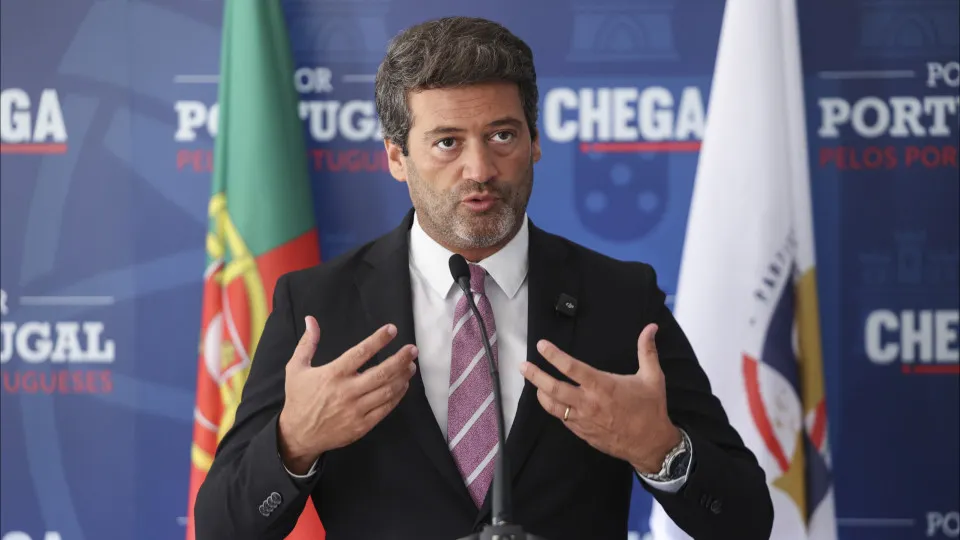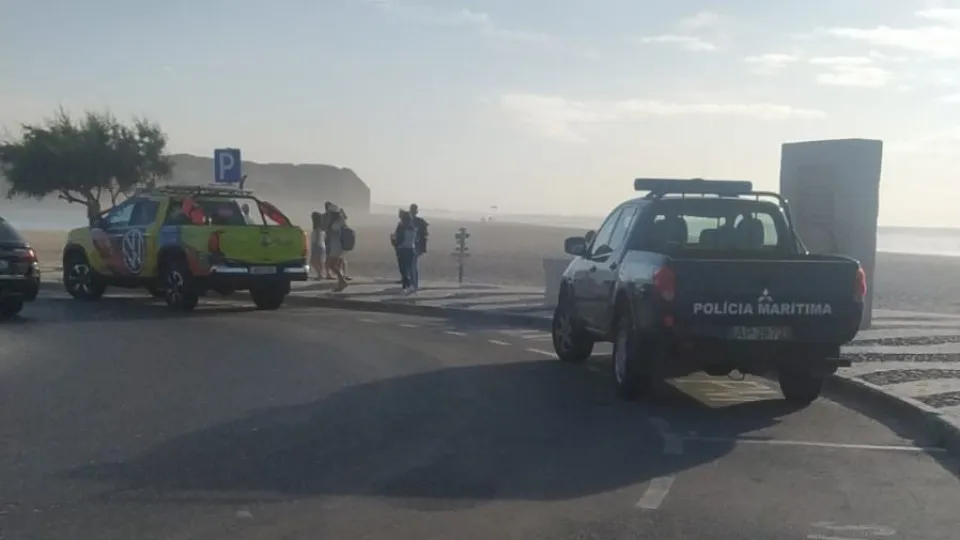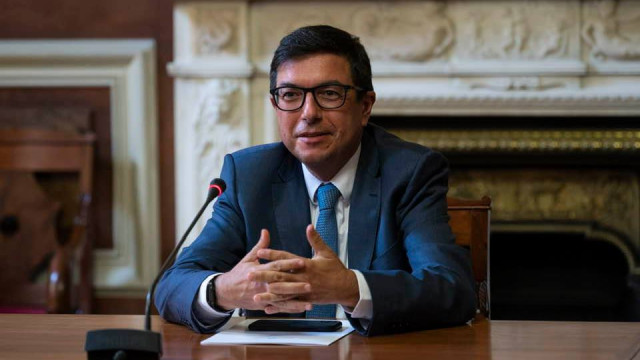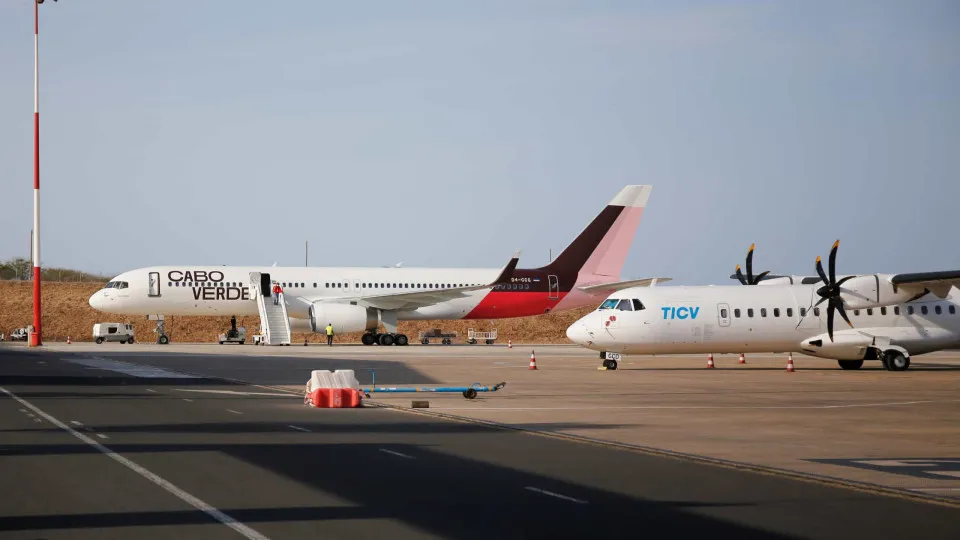“We must be rigorous and look at the facts and reality. If 49.9% of TAP were worth 3.2 billion euros, it would mean that TAP is valued at 6.4 billion euros. Air France-KLM, which has six times more planes and carries six times more passengers and is listed on the stock exchange, is worth 3 billion euros on the stock exchange”, said Miranda Sarmento at the briefing following the Council of Ministers in response to questions about the comments from the PS leader.
“TAP, which is six times smaller than Air France-KLM, would have to be worth twice as much as the company. It seems to me that the reality and the facts do not match that statement”, he added.
This issue concerns the public support of 3.2 billion euros injected into the airline as part of the restructuring plan due to the pandemic.
The PS leader deemed the Government’s decision on the reprivatization of TAP appropriate today but demanded a refund to taxpayers of the three billion euros invested in the company during the pandemic.
“TAP has to grow, and to grow, it needs to open up to international investors. That’s why we understand the decision is an appropriate option. We also understand that Portugal should retain the majority of the shareholder structure, the majority of its capital, to ensure four primary objectives,” said José Luís Carneiro in a statement at the PS headquarters in Lisbon.
The official spoke at the briefing after the Council of Ministers approved the decree-law allowing the government to proceed with the sale of up to 49.9% of the airline’s capital through a direct sale model. Up to 5% may be reserved for workers, as provided for in the privatization law.
According to the Minister of Infrastructure, Miguel Pinto Luz, the choice of a minority sale in the first phase follows the model of previous privatizations, such as those of EDP and Galp. “It’s the model that maximizes the asset’s value for the State and allows for a boost in a second phase,” he stated.
Miranda Sarmento emphasized that the entry of a strategic partner could enhance the value of the 50.1% that will remain in the public sphere: “Participating in a large aviation group and carrying out an expansion and investment plan could allow for the company’s appreciation in the future.”
The timeline for a potential second phase is yet to be defined, but the government confirmed that investors from the first phase will have preference in continuing the process.
The operation includes, besides TAP, assets such as Portugália, the TAP Healthcare Unit, the catering company Cateringpor (51% owned by TAP), and the Portuguese Handling Company (SPdH), formerly Groundforce.
The inclusion or exclusion of real estate assets adjacent to Humberto Delgado Airport — the so-called TAP reserve — which may be part of the future “Parque Cidades do Tejo” project, is still to be decided.




